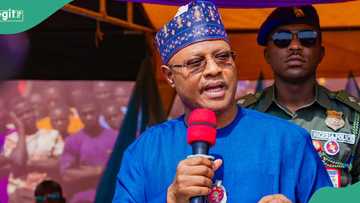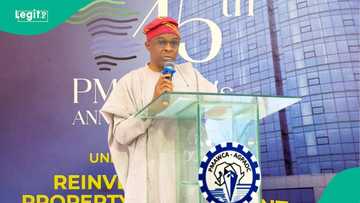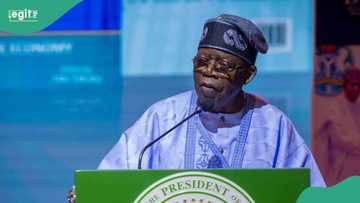Why Nigeria Must Take Ownership of Its Health System Amid Funding Gaps: CIHP, Others
- Health experts urged African leaders to take charge as donor health funding declined
- Fatusi and Ilori warned that dependence on aid weakened Africa’s health systems
- CIHP and NACA leaders pushed for community insurance and tech-driven healthcare
Health experts have called on African governments, particularly Nigeria, to take ownership of their health systems as donor funding for global health continues to decline.
Speaking at the fifth scientific roundtable of the Centre for Integrated Health Programmes (CIHP) in Abuja, they warned that dwindling international aid could worsen healthcare access and quality across developing nations.
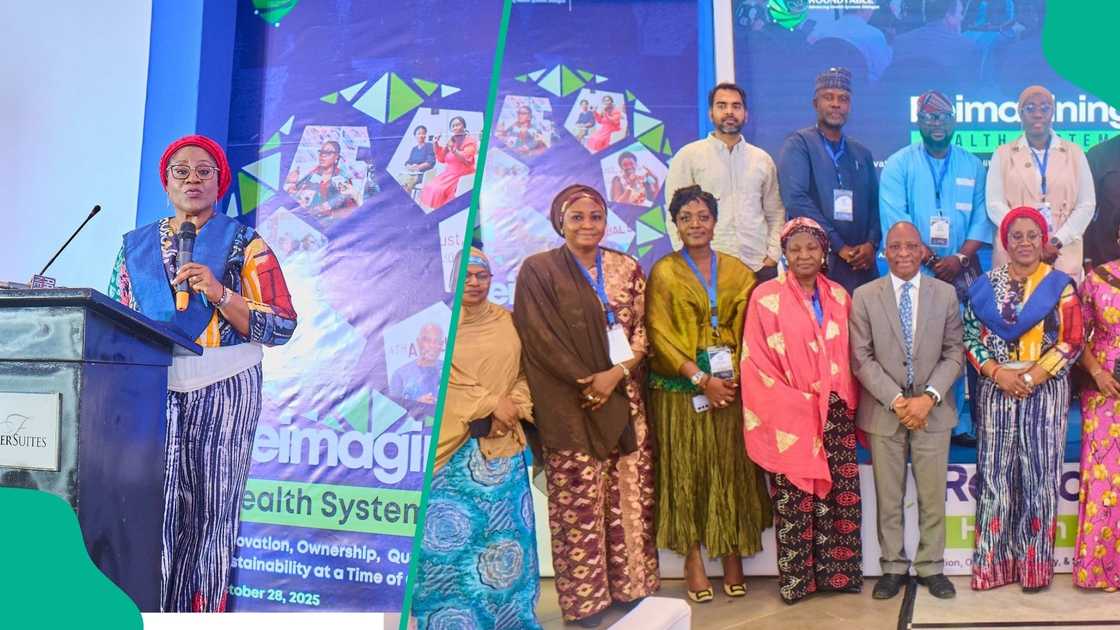
Source: Original
Delivering the keynote address, Professor Adesegun Fatusi of the London School of Hygiene and Tropical Medicine noted that global development financing had been on a steady decline since 2023, with over 80 developing countries experiencing funding reductions.
“This is not just about the United States or any single country. It’s about a global pattern of contraction that has severely disrupted services, especially in low- and middle-income countries," he said.
He cited data from the Organisation for Economic Co-operation and Development (OECD) showing a projected 97% drop in Official Development Assistance (ODA) by 2025.
“Beyond 2025 remains highly uncertain. We’re seeing fewer health workers being employed, more service disruptions, and declining quality in care delivery. The impact is especially visible in Nigeria, where contraceptive funding gaps now stand at over 52%," Fatusi warned.
Experts call for local leadership and sovereignty
Fatusi emphasised that the crisis should serve as a turning point for African nations to reclaim control of their healthcare systems.
“The question we must ask is whether African governments will allow the cycle of dependency to continue or reassert sovereignty over their own systems. Perhaps this is our moment to redefine health governance, reduce corruption, and strengthen efficiency rather than rely on foreign aid," he said.
He further urged state and local governments to take ownership of national health agendas, warning that federal-level activities without subnational adoption would yield little impact.
“What Nigerians need are not activities but results. Until state governors embrace these agendas, we will keep recycling promises without progress," he added.
‘Think together, act together’ — NACA DG
Echoing Fatusi’s call, Dr. Temitope Ilori, Director-General of the National Agency for the Control of AIDS (NACA), said the roundtable was designed to promote innovation, collaboration, and local ownership.
“We are here to think alike, co-create solutions, and build a sustainable health system that offers equitable and quality care. As Nigerians, we must think together and solve our own problems together," she said.
CIHP: Community insurance and private sector engagement key
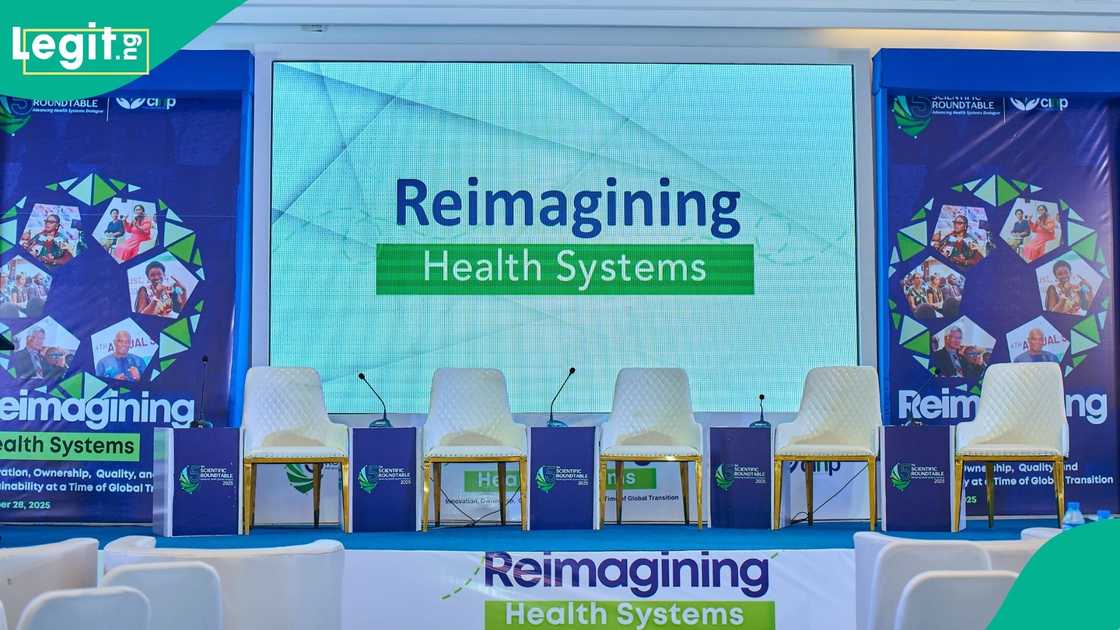
Source: Original
In her remarks, Dr. Bolanle Oyeledun, Chief Executive Officer of CIHP, stressed the need to strengthen community health insurance to reduce out-of-pocket payments, which she described as “financially draining.”
“Over 130 million Nigerians live in poverty. One major health catastrophe can push a household into extreme poverty. We must decentralise health insurance to make it affordable and build on existing local saving systems like esusu to help people pay gradually," she noted.
She also called for stronger private-sector involvement in community health investment.
“It’s not enough for companies to declare profits. Their corporate responsibility should start with improving healthcare in the communities where they operate. A generator at the local PHC is just as important as a national donation," she said.
Kakanfo: Technology as a bridge for sustainable healthcare
For Dr. Kunle Kakanfo, Managing Partner at the Africa Hub for Innovation and Development, technology offers a practical path toward sustainable healthcare.
“We must leverage digital innovation and artificial intelligence to strengthen our health systems. AI can help predict disease outbreaks, support clinical decisions, and ease the burden on doctors by empowering frontline health workers," he said.
Grassroots engagement in Lagos
Also speaking, Dr. Folakemi Animashaun, Chief Executive Officer of the Lagos State AIDS Control Agency (LSACA), said the Lagos State Government was deepening its grassroots health interventions.
“We are revamping over 270 primary healthcare centres and expanding mother-and-child hospitals to ensure that quality healthcare meets citizens at their doorsteps,” she said.
See the video here:
FG explains why other countries recruit Nigerian doctors
Meanwhile, Legit.ng previously reported that the coordinating minister of Health and Social Welfare, Muhammad Ali Pate, has revealed the reason other countries are recruiting Nigerian doctors, nurses and other health workers.
Pate said Nigerian health workers are recruited overseas because of the level of training they receive in Nigeria.
Source: Legit.ng

